
The Premier of Quebec, Pierre Trudeau (seated, center) watching a parade during St. Jean Baptiste Day in Montreal on June 24, 1968
Source: https://montrealgazette.com/news/lo...h-our-eyes-june-25-1968-trudeau-doesnt-flinch

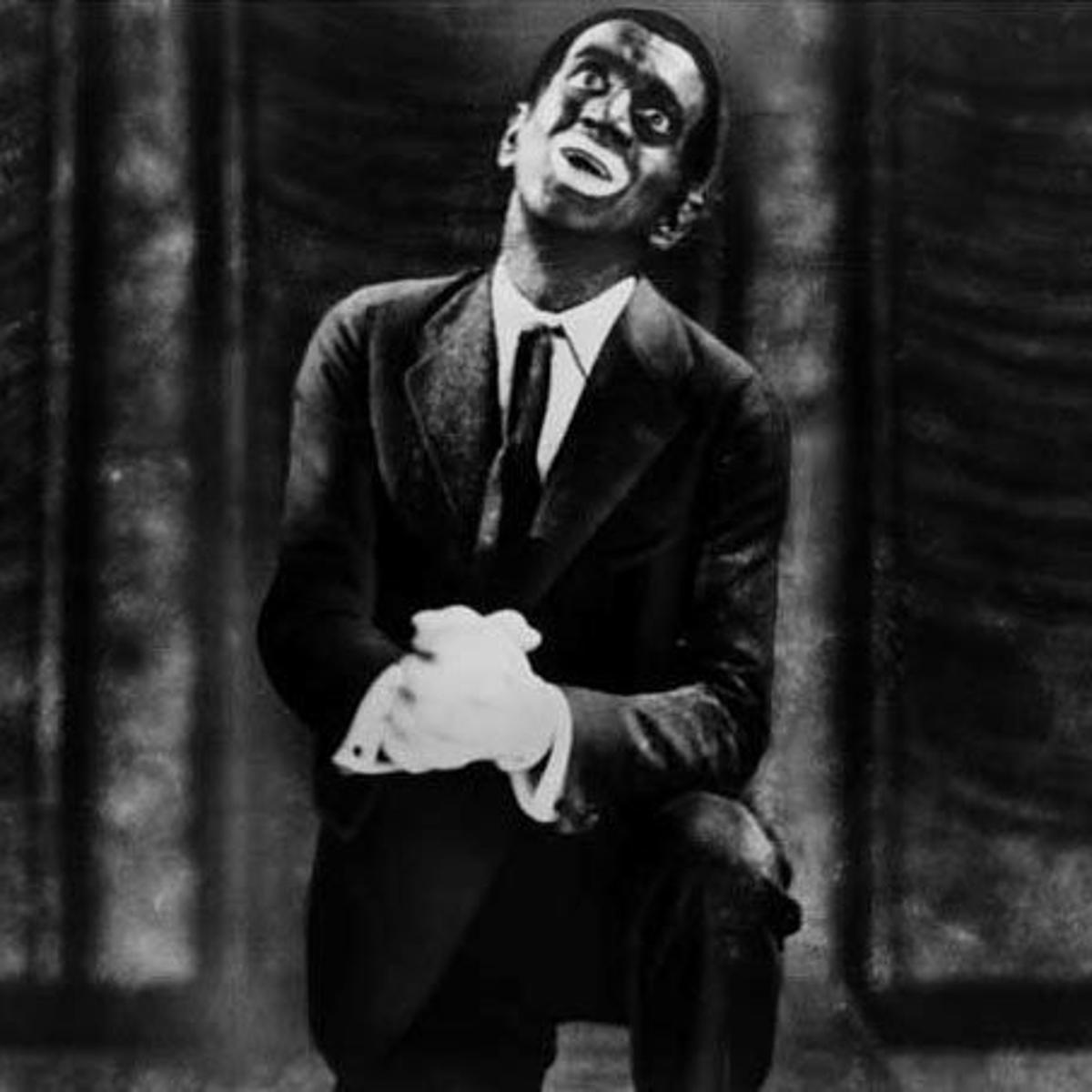
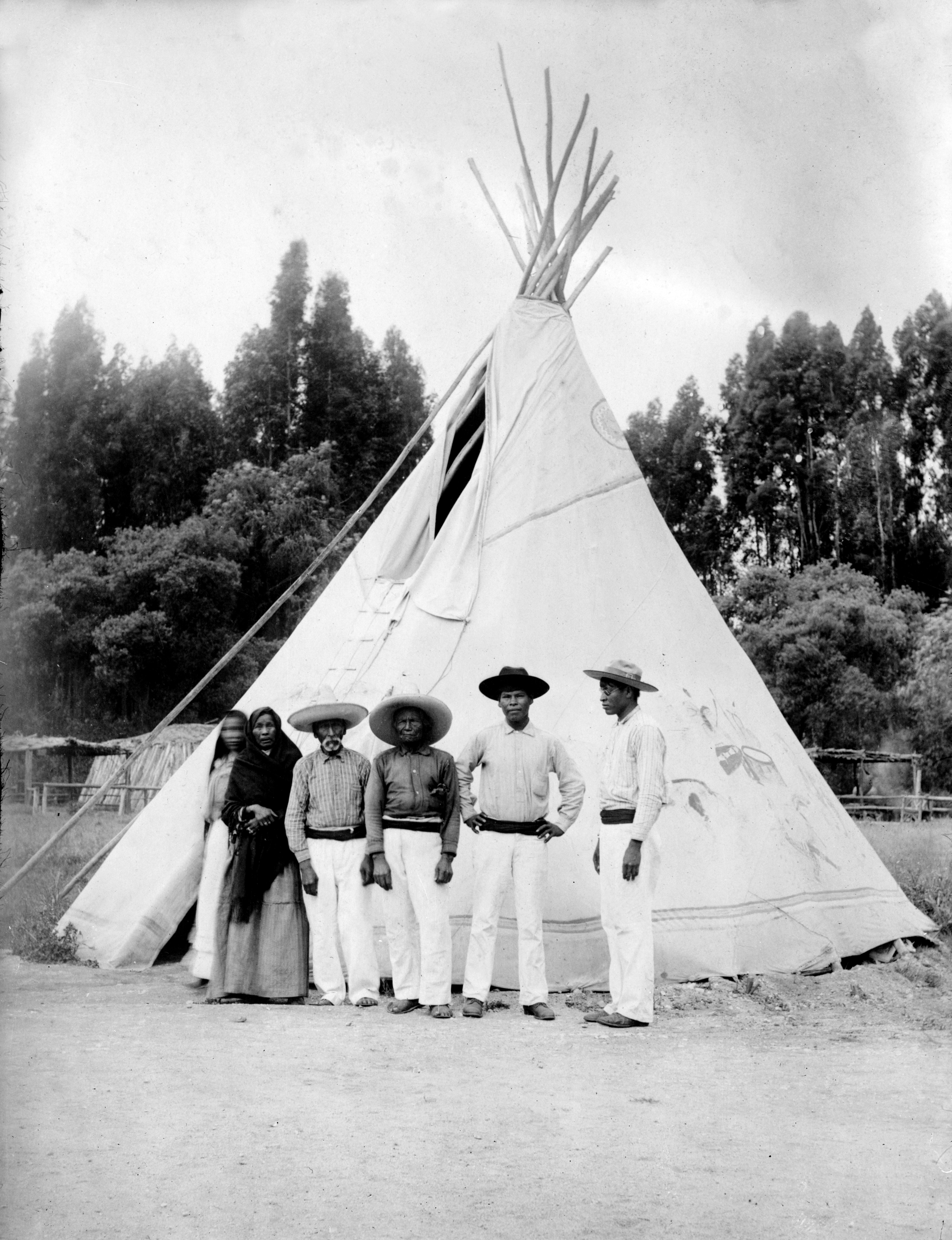

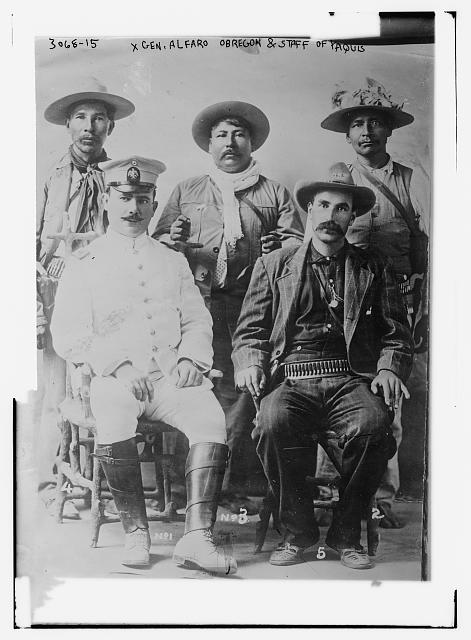


I have family in Chihuahua, I wonder where I might be today (if not butterflied) in TL-191?The Natives of Sonora and Chihuahua in TL-191


Yoeme Confederates (left) and Tarahumara Confederates (right)
Well before the War of Secession, there were indigenous people who lived in Sonora and Chihuahua. The most common of these were the Yoeme (Yaqui) and the Tarahumara. Historically, both tribes have fought against the Spanish and Mexican governments, but once the Confederacy purchased Sonora and Chihuahua, the relationship between the Confederate government and the natives significantly improved. Although encouraged to immigrate to Sequoyah, the Confederates allowed both groups to remain within their ancestral lands and were left alone without much interference from the government.

Photograph of then-Colonel Obregon with Yoeme Confederate soldiers, ca. 1915
During the First Great War, there were many men from these tribes who answered the call to fight against the United States. The most well-known were usually from the Yoeme, who had a fierce independence streak compared to the Tarahumara. Obregon was tasked in leading the Yoeme regiment to successfully repel invading Unionites near Hermosillo. After the Confederate defeat in FGW, the Yoeme and Tarahumara were the only major native populations left in the Confederacy. When the Second Great War began, the old regiments were re-established and both tribes were involved in fighting against the United States. However, the Confederates would lose that war and the natives would be controlled under the victorious United States. They were surprised to hear that the U.S. government was willing to negotiate a truce with all native inhabitants of the former Confederacy as a form of peace and to start off U.S.- Indigenous relations in positive manner. This allowed most of the Yoeme, Tarahumara, and other minor indigenous Confederate groups to return back to their families and land.

Tarahumara Confederate practicing archery, pre-FGW

Group of Mayo Confederates, another group of natives that fought for the Confederacy during FGW.
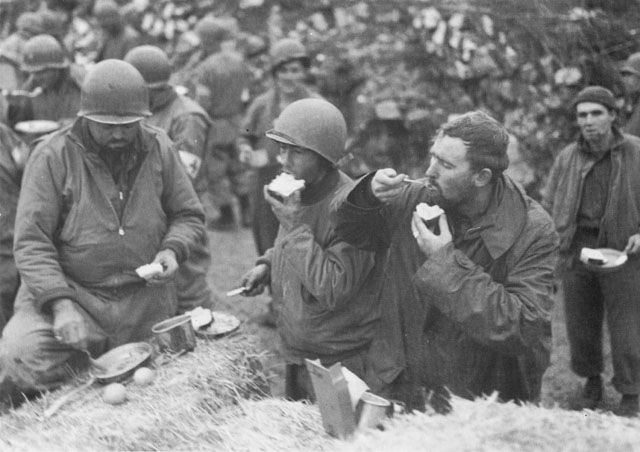
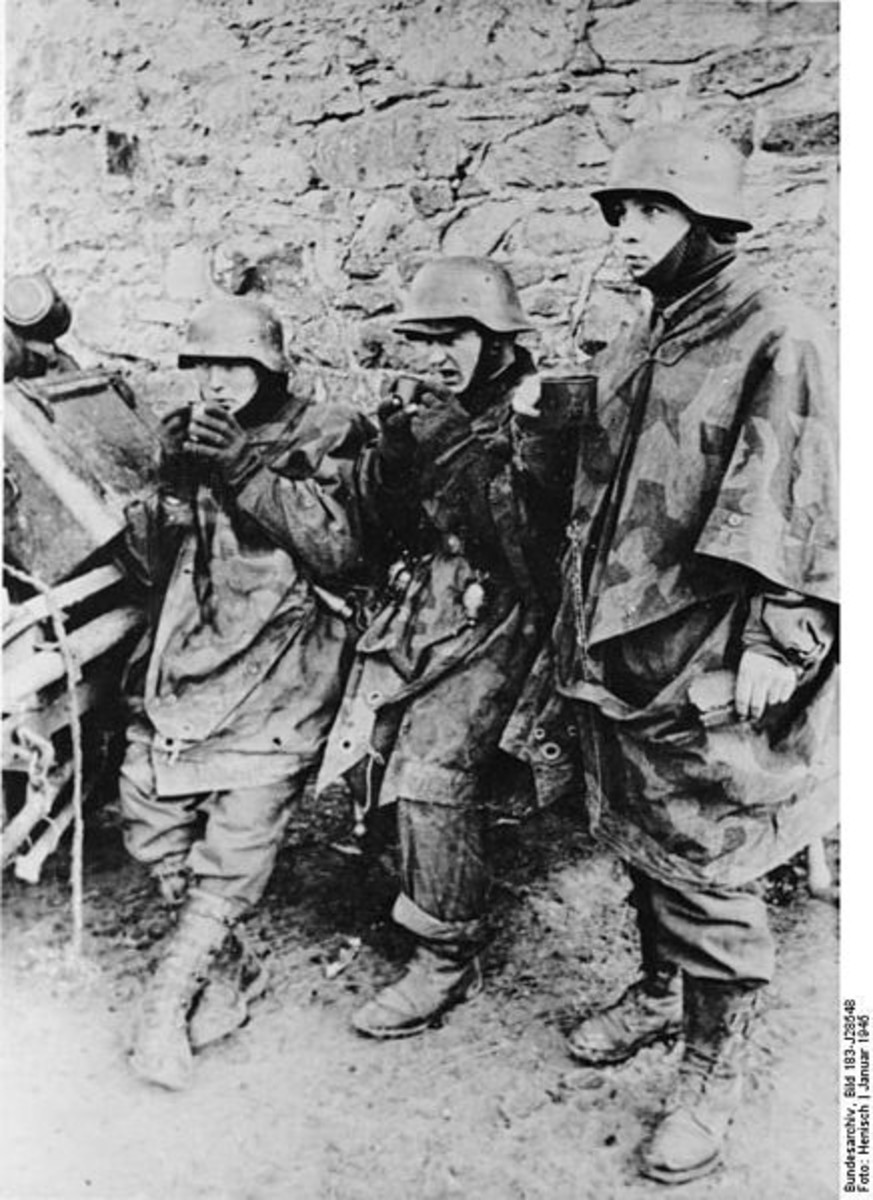

I have family in Chihuahua, I wonder where I might be today (if not butterflied) in TL-191?
And I thought my family tree was weird enough already.At the very least, you may have had relatives who were involved in both Great Wars. Whether or not they lived in order for you to still be born is a different question.
In the end, your family would be U.S. citizens with mixed ancestry that includes Native, Spanish, Mexican and Confederate.
So no big change there eh?My family on both sides have been here in Northern Wisconsin for a long time.
I dunno about that: when Abner Dowling is forcing the Mayor of Snyder, Texas to look at the mass graves outside Camp Determination, he says the bodies had had gold fillings and gold teeth ripped out.The lost treasure won't work. The reason why it did for germany ie because they conquered most of Europe and took the treasures. Here the CSA didn't really have much to pillage when it came to the USA.
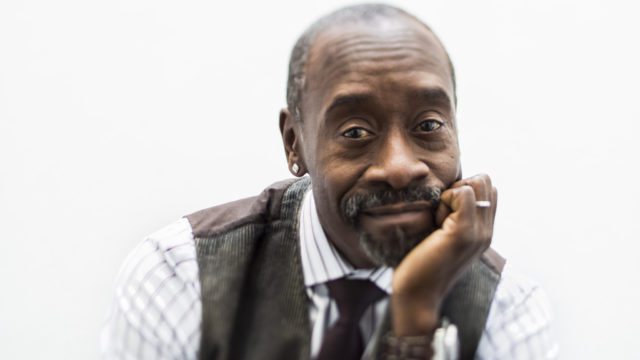
Think Cassius ever married?
A Photo of Cassius Madison, the man who killed Jake Featherston and a lead speaker for the NAAACP, photographed in the 1970's for Life Magazine.
After the end of the War and the hubbub surrounding his shooting of the ex-president of the now-defunct CSA had died down, Cassius Madison took some time to sort out his future. His award of both $100,000 in cash (tax free) and citizenship of the USA ensured, alongside his fame, that he would not be destitute for some time, and the acquaintance of many prominent US politicians such as Flora Blackford and the new President Thomas Dewey would be useful assets in whatever path he chose.
Madison, perhaps out of a sense of optimism, first attempted to track down where his family had ended up after they'd been seized in a Freedom Party round up in Augusta, but once he learned via captured records, courtesy of assistance from retired General Abner Dowling in accessing them, that they had been shipped to Camp Determination, he accepted that his parents and sister were gone, and there really wasn't a point to looking backwards.
So instead, he decided to go forwards. Courtesy of his father, secretly Anne Colleton's former butler and a well-educated man (even by the standards of whites in the south, never mind blacks) Cassius was able to both read and write, and put himself to work getting an education. At the same time, he began reaching out via his connections to Congresswoman Blackford, to find other prominent blacks in the USA as well as gathering the accounts of Population Reduction survivors, ostensibly to help "keep the story straight" as he put it, to ensure Freedomite romanticizers would not be able to downplay or deny what had been done in their name.
More Importantly, to him at least, he also wanted to begin building the kind of organization that would allow Blacks to "Make a bigger stink" about the crimes not just of Featherston and the CSA, but the general anti-black attitudes as a whole, as he was under no illusions that few people in the USA had really cared about the plight of the blacks in the CSA until after they'd seen the photos from the captured Camp Determination and, even now, he knew, most whites in the occupied CSA, if they cared at all, were if anything PROUD of what had been done.
He sought to change that.
"I'm a big name because I killed Jake Featherston. Can't rightly think of no better way to piss on his grave than use that fame to raise black folks up."
-Cassius Madison, 1951 interview on the formation of the NAAACP
Madison's intellect, which he attributed to his late father, allowed him to excel in academic studies, earning him a scholarship to Yale University by 1948. Between his award for Featherston's killing and speaking fees he'd accrued giving speeches across the USA, he had a nice nest egg to sustain himself and more than enough money to pay off his schooling and put his other project to work. He also saw to it that the black Guerillas, such as his leader Gracchus, were able to obtain US citizenship with little to no hassle, several of whom ended up serving as bodyguards for him: more than a few Freedom Party die-hards wanted Cassiuns' head for killing Featherston.
Upon his graduation from his first 4-year education at Yale, Madison announced that, with the support of Government officials such as Flora Blackford and prominent black leaders in the USA, he was forming an organization: the North American Association for the Advancement of Colored People, or NAAACP. The Goals and Ambitions of this group would be as such: the elimination of racial discrimination in American society, the end of racial segregation in all professional and social fields, the uplifting and provision of education and advancement opportunities for all people of color, ad the insurance that no organization like the Freedom Party ever take root in the United States or her territories. He made clear he wasn't just thinking of Blacks: Native Americans, Latinos and Asians had also gotten a "raw deal" in the USA, and deserved as much of a chance to succeed.
"The founders of this nation said "All Men are Created Equal, and are endowed with inalienable rights." Well, I say it's about time the country started living up to that Promise. Are we gonna see George Washington as the founder of our country and its ideals? or are we gonna see him as just another rich Virginia slave owner?"

A Photo of Cassius Madison, the man who killed Jake Featherston and a lead speaker for the NAAACP, photographed in the 1970's for Life Magazine.
After the end of the War and the hubbub surrounding his shooting of the ex-president of the now-defunct CSA had died down, Cassius Madison took some time to sort out his future. His award of both $100,000 in cash (tax free) and citizenship of the USA ensured, alongside his fame, that he would not be destitute for some time, and the acquaintance of many prominent US politicians such as Flora Blackford and the new President Thomas Dewey would be useful assets in whatever path he chose.
Madison, perhaps out of a sense of optimism, first attempted to track down where his family had ended up after they'd been seized in a Freedom Party round up in Augusta, but once he learned via captured records, courtesy of assistance from retired General Abner Dowling in accessing them, that they had been shipped to Camp Determination, he accepted that his parents and sister were gone, and there really wasn't a point to looking backwards.
So instead, he decided to go forwards. Courtesy of his father, secretly Anne Colleton's former butler and a well-educated man (even by the standards of whites in the south, never mind blacks) Cassius was able to both read and write, and put himself to work getting an education. At the same time, he began reaching out via his connections to Congresswoman Blackford, to find other prominent blacks in the USA as well as gathering the accounts of Population Reduction survivors, ostensibly to help "keep the story straight" as he put it, to ensure Freedomite romanticizers would not be able to downplay or deny what had been done in their name.
More Importantly, to him at least, he also wanted to begin building the kind of organization that would allow Blacks to "Make a bigger stink" about the crimes not just of Featherston and the CSA, but the general anti-black attitudes as a whole, as he was under no illusions that few people in the USA had really cared about the plight of the blacks in the CSA until after they'd seen the photos from the captured Camp Determination and, even now, he knew, most whites in the occupied CSA, if they cared at all, were if anything PROUD of what had been done.
He sought to change that.
"I'm a big name because I killed Jake Featherston. Can't rightly think of no better way to piss on his grave than use that fame to raise black folks up."
-Cassius Madison, 1951 interview on the formation of the NAAACP
Madison's intellect, which he attributed to his late father, allowed him to excel in academic studies, earning him a scholarship to Yale University by 1948. Between his award for Featherston's killing and speaking fees he'd accrued giving speeches across the USA, he had a nice nest egg to sustain himself and more than enough money to pay off his schooling and put his other project to work. He also saw to it that the black Guerillas, such as his leader Gracchus, were able to obtain US citizenship with little to no hassle, several of whom ended up serving as bodyguards for him: more than a few Freedom Party die-hards wanted Cassiuns' head for killing Featherston.
Upon his graduation from his first 4-year education at Yale, Madison announced that, with the support of Government officials such as Flora Blackford and prominent black leaders in the USA, he was forming an organization: the North American Association for the Advancement of Colored People, or NAAACP. The Goals and Ambitions of this group would be as such: the elimination of racial discrimination in American society, the end of racial segregation in all professional and social fields, the uplifting and provision of education and advancement opportunities for all people of color, ad the insurance that no organization like the Freedom Party ever take root in the United States or her territories. He made clear he wasn't just thinking of Blacks: Native Americans, Latinos and Asians had also gotten a "raw deal" in the USA, and deserved as much of a chance to succeed.
"The founders of this nation said "All Men are Created Equal, and are endowed with inalienable rights." Well, I say it's about time the country started living up to that Promise. Are we gonna see George Washington as the founder of our country and its ideals? or are we gonna see him as just another rich Virginia slave owner?"
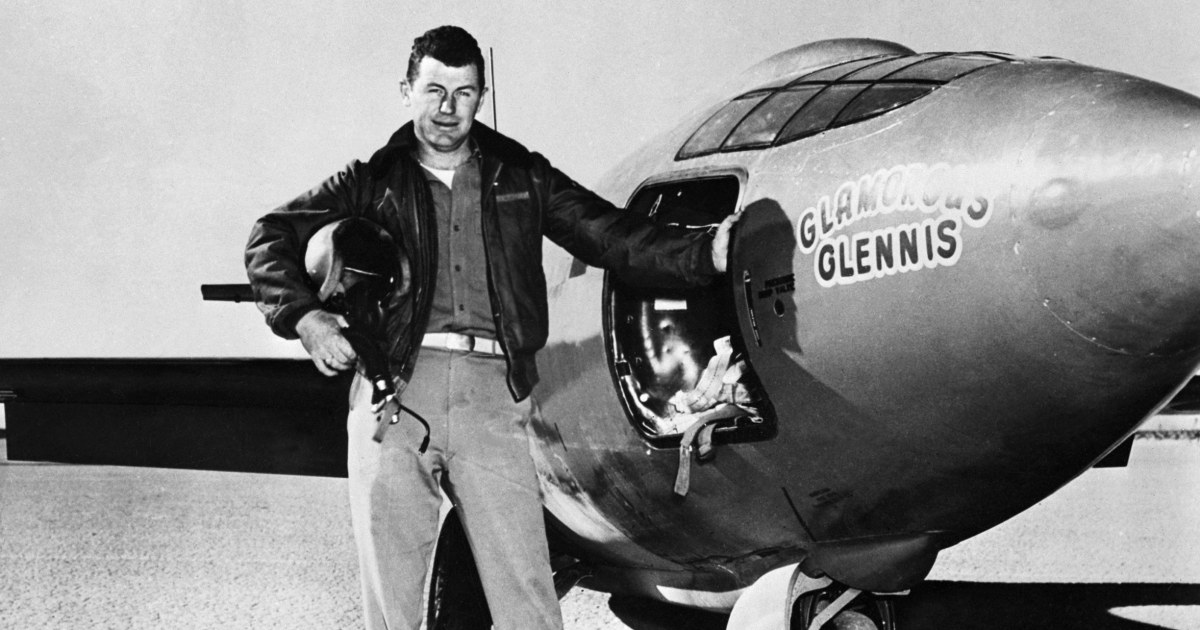
Union Air Force Test Pilot Charles "Chuck" Yeager standing aside to the Bell X-1 airplane, in which in it he would prove to be the first man in history to break the sound barrier, circa 1947.
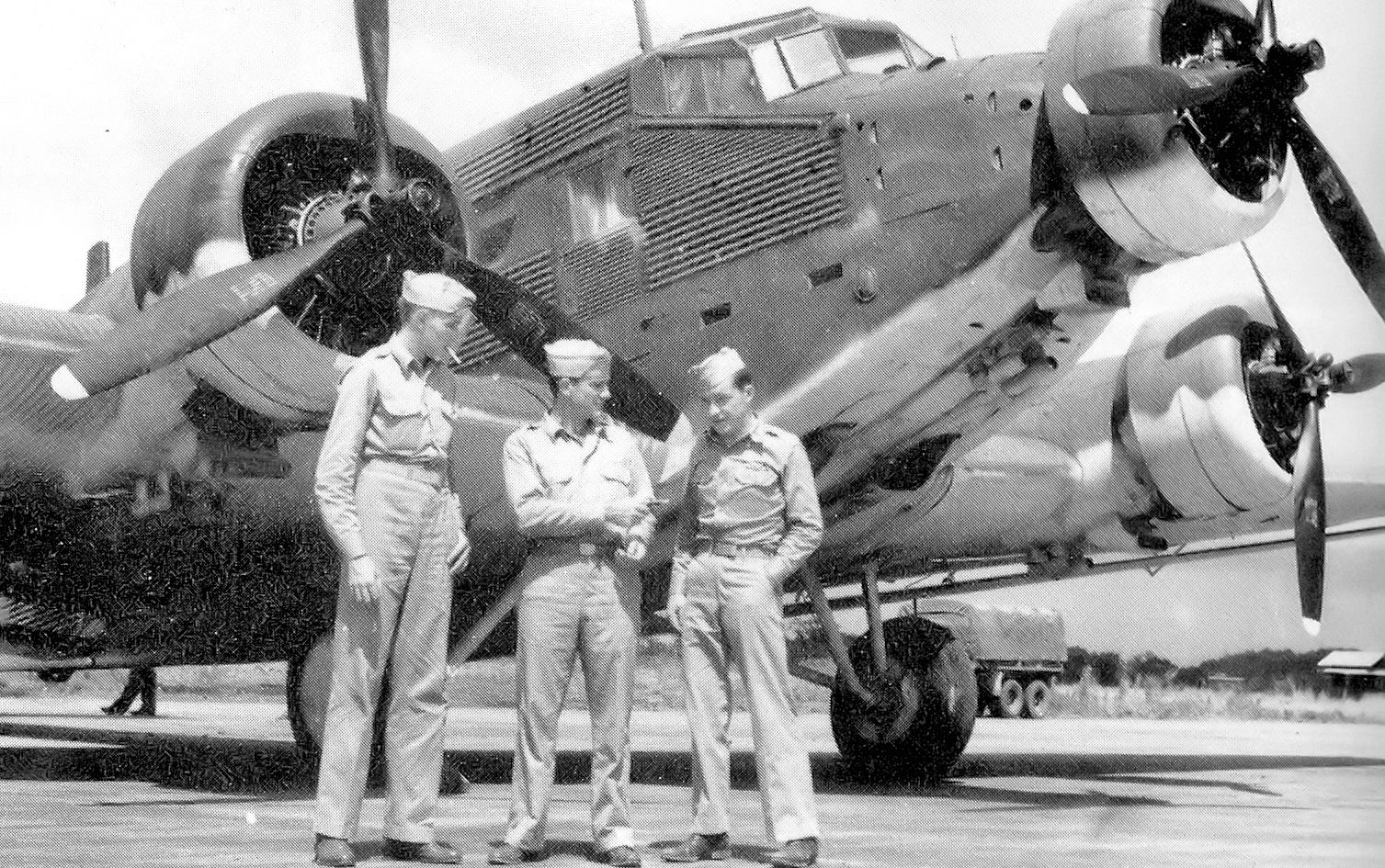
A trio of USAF pilots before a captured Fairchild "Alligator," named "Thomas Jefferson" USAF designation C-79, at a forward intelligence airfield, 1943.
The CSA had sold some of its trimotor transport planes abroad between the War years for civilian use, particularly to South American and Asian airlines. One of these, having been purchased by a Chilean airline, was handed over to the USA at the start of the war in exchange for a Douglas DC-2.
Returned to and evaluated by the USA, the plane was pressed into service for counterintelligence operations, flying in CSA markings to drop agents by parachute or supplies to black guerillas.